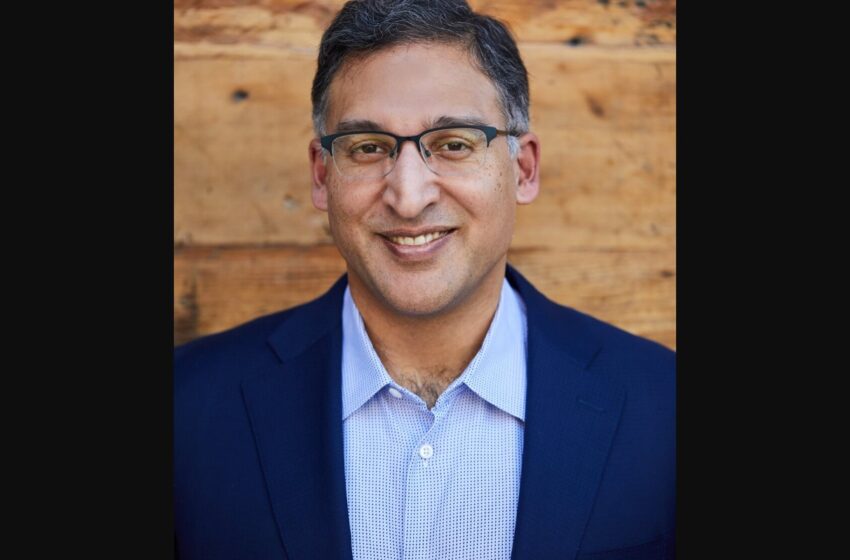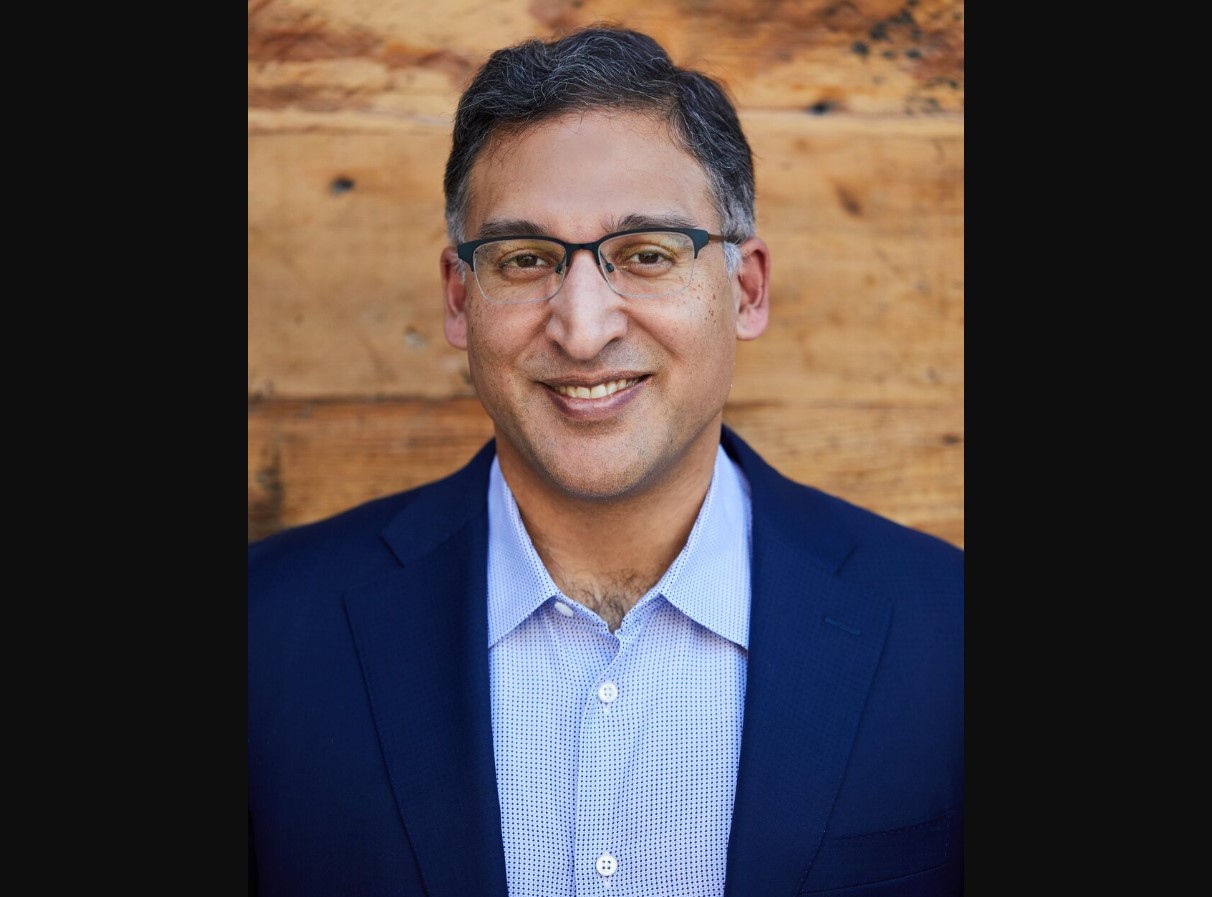Neal Katyal scores a key victory for voting rights


Son of immigrant from India hailed for securing rejection of controversial legal theory by apex court before 2024 election
Neal Katyal, a leading Indian American attorney, is being celebrated for scoring a key victory for voting rights advocates with the Supreme Court rejecting the so-called Independent State Legislature theory.
By a 6-3 judgment, the apex court on Monday rejected the controversial legal theory that state legislatures have almost unlimited power to decide the rules for federal elections and draw partisan congressional maps without interference from state courts.
US-born son of immigrant parents from India, Katyal, 53, a former acting US solicitor general won the day for the watchdog group Common Cause, by pressing the justices to reject the election theory before the 2024 election.
Chief Justice John Roberts wrote the opinion for the 6-3 majority in this case known as Moore v. Harper, which stems from a dispute in North Carolina.
READ: How do desis feel about NYC giving voting rights to legal residents? (January 5, 2022)
The North Carolina legislators were appealing a ruling by their state supreme court finding that the new congressional map they adopted after the 2020 census was a blatant partisan gerrymander that violated the state constitution.
Even President Barack Obama, a legal scholar himself, hailed the Supreme Court decision. “Today, the Supreme Court rejected the fringe independent state legislature theory that threatened to upend our democracy and dismantle our system of checks and balances,” he tweeted.
“This ruling rejects the far-right theory that threatened to undermine our democracy, and makes clear that courts can continue defending voters’ rights—in North Carolina and in every state,” Obama wrote.
As accolades rolled in, Katyal himself tweeted, “The truth is this was the victory of an incredible group of lawyers who worked at my side day and night for months. Everything you heard was them.”
He also commended an article in law.com “about what really happened yesterday in Moore v Harper. All our supposed allies, including the Biden Administration’s Justice Dept, tried to get rid of the case, telling the Court they couldn’t decide it. We stood alone.”
“We were right. If the Court accepted those views, the nation would have never had this decision,” Katyal wrote.
“While most respondents urged the court to deem the appeal moot, Common Cause’s attorney Neal Katyal pressed the justices to reject the election theory before next year’s election. The strategy paid off,” according to the author Jimmy Hoover.
“The dispute over that theory must be resolved in time to prepare maps, ballots, and election rules well in advance of the 2024 elections,” Katyal wrote for Common Cause. “It is therefore exceptionally important that the Court address the Question Presented as quickly as possible.”
Katyal told reporters as cited by law.com he thought it was “preposterous” that the North Carolina Supreme Court could effectively strip the US Supreme Court of jurisdiction over a pending case by ruling in underlying litigation. That, he said, “would open a terrible door for the Supreme Court in the future.”
“I was quite surprised to see the other plaintiffs that were supposedly on our side agree that the North Carolina Supreme Court could do that,” Katyal added.
Katyal said that, in addition to feeling the mootness question was not particularly close, he was confident after oral arguments that the Supreme Court would, if it reached the merits, reject the lawmakers’ election theory.
The questioning showed a majority of the court was “solidly behind throwing out the independent state legislature doctrine,” he said.
Reviewing the court’s decision Tuesday, Katyal seemed to take a victory lap, Law.com said. “This is as definitive a Supreme Court ruling as you can get,” he said. “I wasn’t surprised at all. I’ve always felt that this decision should have been 6-3 or even more.”
Vice President Kamala Harris, who leads the administration’s voting rights efforts, also championed the Supreme Court opinion while continuing to call on Congress to pass bills that support the push.
“Voting is the bedrock of our democracy. Today’s decision preserves state courts’ critical role in safeguarding elections and protecting the voice and the will of the American people,” she stated.
“We know that more work must to be done to protect the fundamental right to vote and to draw fair maps that reflect the diversity of our communities and our nation.
“The President and I will keep fighting to secure access to the ballot box, but we cannot do this alone. We continue to call on Congress to do their part to protect voters and our democracy and pass the John Lewis Voting Rights Advancement Act and the Freedom to Vote Act,” Harris added.
